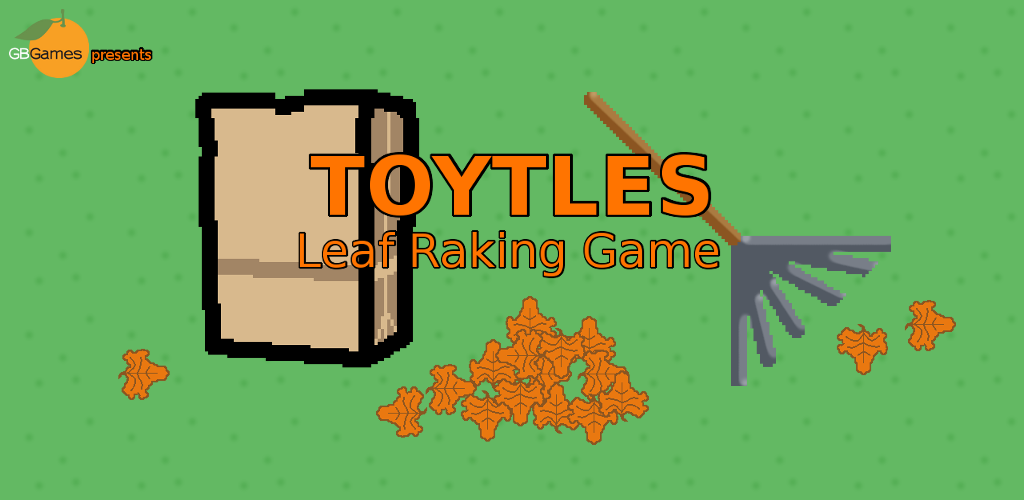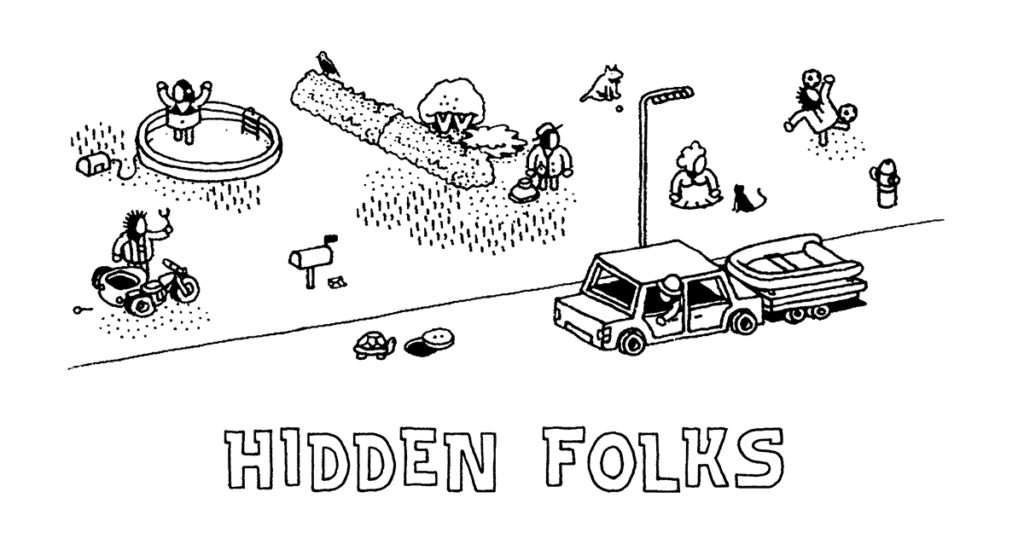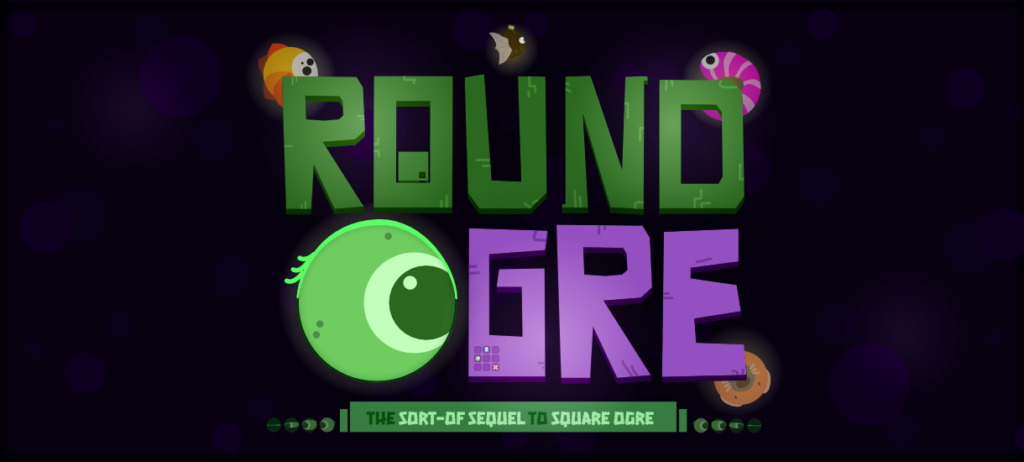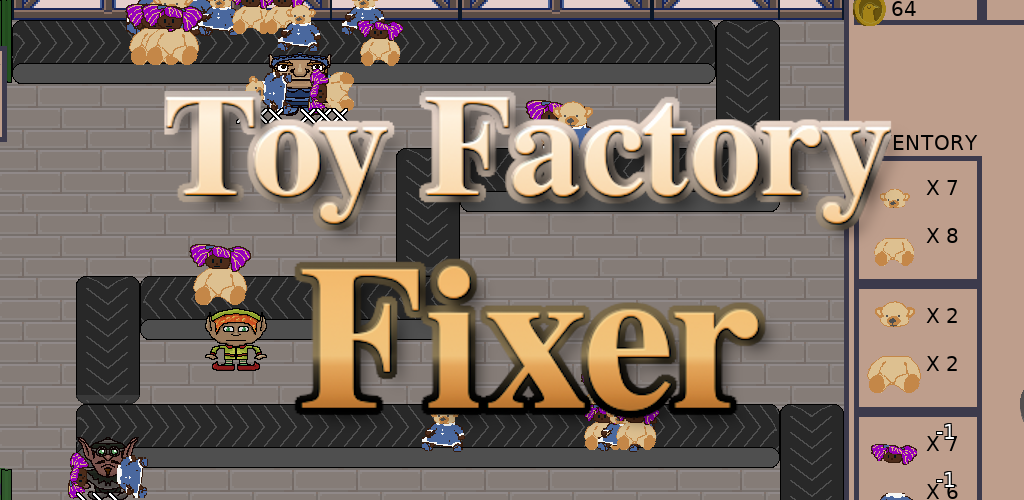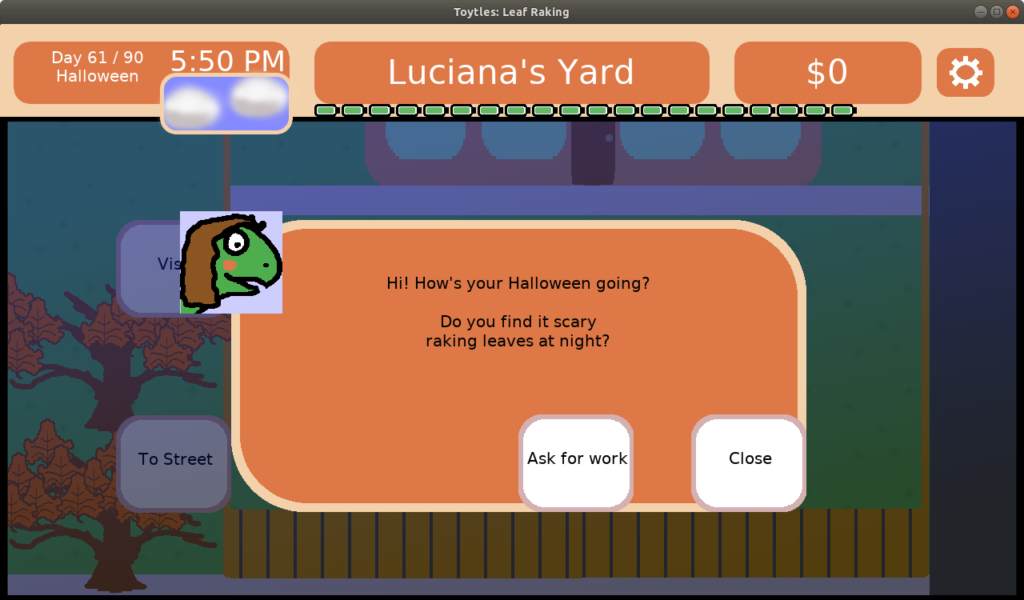On this day in 2004, a very famous livejournal post appeared, sharing insight into the real ways that major game company record profits come at the cost of worker bodies and blood.
Each year as winter comes, and the ground outside is quiet and white, I like to curl up and reread Blankets by Craig Thompson.
There’s no snow yet (and I worry one year soon there won’t ever be again), but I realized that I could add EA: The Human Story by ea_spouse to my annual reread for the winter.
It’s a relatively short post, but it is worth rereading to remind ourselves of what is at stake when it comes to how gross, inhumane, and exploitive a company can be.
Despite game companies not being smokestack-covered manufacturing mills from the late 1800s, despite much of the white-collar work done in what would be seen as cushy office jobs, with nice ergonomic chairs, fancy monitors, delicious snacks, other niceties, working conditions can be pretty dire.
Game developers have done 12+ hour days, working through weekends, and barely having any time off, all to meet deadlines set by leadership. Sleep deprivation and a lack of movement for many hours at a time isn’t good for the human body. People get burnt out, their mental health suffers, and their bodies start to fail. To someone who worked in mines or did other back-breaking labor, it might seem from the outside that it isn’t so bad to sit at a desk all day, but literally sitting at a desk all day is killing us, as much research has shown.
Yet the companies they work for either mandate this kind of “crunch time” or the work culture is such that not doing crunch is seen as not doing enough to earn a place on the team, potentially costing opportunities, rewards, and even the job.
So in the 19 years since EA: The Human Story, what has really changed? While much talk has been generated after this post, and many companies claimed to have tackled it, it still happens.
And way too often.
Way too often for it to be an accident.
Games such as Lego Star Wars: The Skywalker Saga, which sold 3.2 million copies within a few weeks of its release, which sounds great for the TT Games, the company that made it, but who paid the price to make it happen?
From Polygon’s report on crunch at TT Games:
“It was a very soft-spoken blackmail,” one former employee says. “‘If people don’t start doing overtime, there’s going to be problems,’” although the problems were never specified.
That article highlights working conditions that sound very similar to what was happening at EA.
And TT Games isn’t a one-off. Expectations of 80-100 hour weeks, and that employees need to literally sacrifice their lives to help the owners make a nice profit, are still way too normal in this industry.
I used to think that crunch was an indication of poor management at a company. If management decides that they need to crunch, then they aren’t being smart, because they are fooling themselves into thinking that they can pay the same amount of money and get more value out of the labor of their workers, ignoring the very real costs.
But I then read an insightful post somewhere that said something along the lines of “No, they know what they are doing. They know the costs. They just know they don’t have to pay those costs, so it is actually very smart of them to squeeze their employees dry.”
Crunch isn’t an accident. It has this reputation as an emergency measure a company might use to try to deliver a late project sooner, used only in small doses in strategic ways. But too often crunch is just normalized as something you do in the game industry, because game developers have “passion” and it is a dream job you’re lucky to have. “If they don’t like it, they can work someplace else” as ea_spouse wrote quoting multiple managers at EA.
And to add insult to injury, employees often don’t get rewarded for their sacrifices. ea_spouse mentioned EA taking way comp time, which means all of the overtime everyone was working didn’t translate into paid time off later. It just disappeared, which worked well for EA’s side of the equation. They paid nothing in exchange for their employees giving everything to the job.
This year, rereading ea_spouse’s words might be especially appropriate. 2023 was a big year for major game releases, with the game market expected to be growing even larger than it already is in terms of real dollars, but it is also a major year for layoffs. Over 6,000 game developers found themselves out of a job this year so far from over 100 companies, with EA, Take Two, Unity, Epic, Twitch, and many more game development, game media, and other game-related companies all involved.
EA laid off hundreds of employees this year. EA also reported higher profits than they originally anticipated a few days ago.
While Bethesda (which had employees included in Microsoft’s 10,000 person layoff reported in January in many places) claims they don’t do crunch anymore, it’s still such a pervasive thing in the industry as a whole that I find it hard to believe, especially since no one can cite any actions taken to eliminate crunch at a company that has had crunch reported for many years.
Now, I don’t have a lot of direct insight into any of these companies or how they operate, and it sounds like some companies probably do not crunch anymore, but I’ve seen quite a lot of people posting about being laid off recently, and I know a lot of the companies they worked for are making a ton of money off of the value that those workers created.
The game industry has a reputation for being a youthful one, and it is easy to think that the reason is that it is due to innovation driving the market and so old ideas (and old people having those ideas) get replaced naturally.
But it is sobering to know that the reason why the industry skews young is more horrible. We don’t have a lot of older talent, people with long memories and the ability to mentor others, because many of them get too sick, too tired, and too disabled. The lucky ones leave the industry to avoid dealing with toxic work places and all of the associated health costs.
The only ones left to do the work are the young people, who don’t yet have the experience of false promises and who have the optimism that their “passion” for games is what separated them from others to get their job, when “passion” on a job posting is just code for “we expect you to always go above and beyond at your own cost.”
So, today, curl up in a blanket, make yourself some hot cocoa, and make it a point to reread ea_spouse’s EA: The Human Story on the anniversary of its posting. It’s not comforting, granted, but it is eye-opening, and having open eyes in the game industry is potentially life-saving.
And if you work at a game company, join a union. It’s your best weapon and shield upgrade to fight back against exploitation. Learn more at Game Workers Unite


